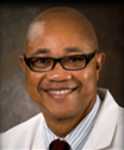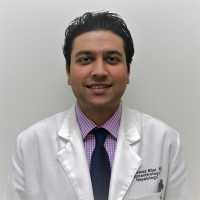MedicalResearch.com Interview with:
Dr. Rafael Kroon Campos PhD
Department of Microbiology and Immunology
University of Texas Medical Branch
Galveston, TX
MedicalResearch.com: What is the background for this study? What are the main findings?
Response: The COVID-19 pandemic is affecting millions of people. COVID-19 is a disease that primarily affects the lungs, but it also affects other organs and tissues, including heart and olfactory receptors. There is a growing body of evidence showing that COVID-19 can affect reproductive health by reducing androgen hormones, sperm counts and causing pain and discomfort in the testes. The virus that causes this disease is named severe acute respiratory syndrome coronavirus 2 (SARS-CoV-2). It is unknown whether these symptoms are caused by direct virus testes infection or a byproduct of the immune system fighting the virus.
(more…)




